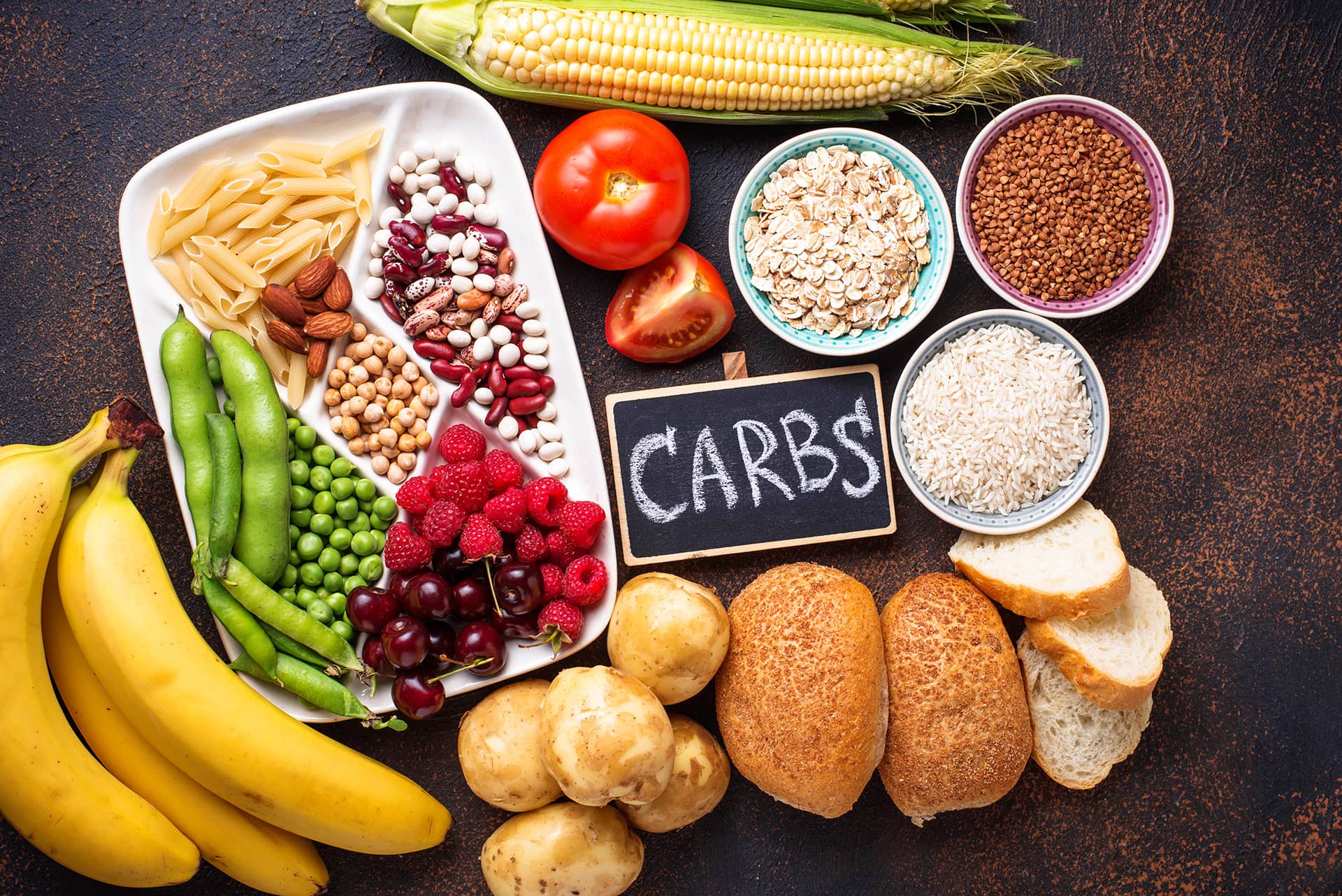Have you ever wanted to lose a significant amount of body fat and perform better at the same time? Or, have you ever thought about the effects that going vegan might have on your performance or body composition?
The truth of the matter is that a well-designed nutrition plan for aesthetics or body composition will ultimately look different than a nutrition plan designed to enhance athletic performance. Nutritional needs will also differ for someone who is eating for overall health & longevity purposes than for someone who is eating to manage a chronic disease.
In many cases these goals often overlap. It is critical to realize that our nutritional needs must be consistent with our aesthetic, performance or longevity goals so we can periodize our nutrition appropriately and achieve our desired result.
To explain this concept further, imagine yourself as a competitive athlete. Athletes use periodization in their training and nutrition programs seasonally throughout the year In other words, their training and nutrition programs are broken down into three phases throughout the year: in-season, off-season and pre-season.
When athletes are in-season, their nutrition goals are different from the off-season. Fat loss and body composition changes are not ideal when athletes are in-season because that would be detrimental to their performance. Fat loss goals are more appropriate to achieve in the off-season when decreasing inflammation and recovery are of utmost importance.
While periodization is commonly executed with athletes as the above example shows, it can and should be applied in an everyday dietary setting to achieve long-term success using a multi-phasic approach.
Nutrition for Aesthetics & Body Composition
When was the last time you were not trying to lose weight?
Realistically speaking, the majority of my clients come to Prefusion Health with weight loss as their primary goal. However, they have been chasing this goal their entire life.
Simply put, losing weight requires the body to be in a calorie deficit for a sustained period of time. It is also a major stressor on the body. Dieting disrupts the homeostatic balance and, as a result the body adapts by conserving energy, slowing the Resting Metabolic Rate (RMR), decreasing thyroid function, hindering hormonal output, compromising sleep, and increasing cortisol-the main stress hormone. At the same time, appetite increases when there is a calorie deficit as the body fights to return to homeostasis. This is why many people who go on a diet eventually go off their diet only to regain the weight they initially lost plus more. Research also suggests that severe calorie deficits cause metabolic adaptations to occur. This means caloric intake must decrease further during the next time diet in order to lose weight again or achieve the same result.
The good news is that metabolic adaptation, rapid regain of weight and “yo-yo dieting” can be avoided with a more periodized approach to fat loss that includes “diet breaks” and periods of caloric maintenance over time. This means that any time you go on a “diet” or dip your calories below maintenance, there MUST be a strategic and planned recovery phase in order to restore hormonal function, and continue on the path towards reaching and sustaining your ideal weight over a longer period of time. With a properly formulated, nutrition and exercise plan that is periodized you can also prevent metabolic adaptations that occur during weight loss.
Nutrition for Athletic Performance
Whether you are a recreational or competitive athlete, it is important to focus on matching your calorie intake to your calorie output during this phase. Recognize that getting stronger, faster and/or more explosive may require you to eat at maintenance or even a calorie surplus. Fat loss (as mentioned earlier) requires a calorie deficit and may negatively affect your performance. Eating in a calorie deficit while trying to compete at the highest level is like trying to drive a car without any gas… you will get nowhere.
Instead, it is important to learn and understand the energy systems of your activity/sport and plan your nutritional needs to match the unique demands of training. For example, many strength and power athletes, as well as high-intensity sports rely mainly on the anaerobic (without oxygen) energy system to supply the working muscles with the necessary fuel needed to carry out the activity. For most activities, an increase in carbohydrate is usually needed to fuel the activity and recover better between sessions, although there may be some exceptions. Although often overlooked, recovery nutrition is just as important as eating to perform better. If you’re an athlete looking to gain a competitive edge over your peers, your nutrition plan should be periodized to strategically reflect the training demands during each season.
Nutrition for Health & Longevity
Can we agree that eating for health and longevity, or to prevent chronic disease, is important in all phases of life?
While the goal of staying healthy and living longer lingers in the back of all our minds, some individuals who don’t have an immediate body composition or performance goal choose to prioritize this goal over others. Individuals who are diagnosed with a chronic disease (i.e. diabetes, cancer, cardiovascular disease etc.) or suffer from digestive issues, food allergies/intolerances and/or eating disorders often aim for health and longevity. In addition, we serve individuals who are simply inspired to begin a new health journey so they can feel more energized, or who wish to transition to a vegetarian or vegan diet for dietary or ethical purposes.
For individuals who are experiencing a digestive flare-up, or managing a chronic disease, it is important to treat the symptoms and to identify the root cause of the problem so the issue can be resolved. For example, an individual who suffers from Irritable Bowel Syndrome (IBS) may experience painful bloating or constipation, however, without addressing the root cause of the problem it will be difficult, if not impossible to heal the gut, feel better and even reach a fat loss goal later.
Transitioning to a vegan diet may have great health benefits however, aesthetic and/or performance goals can easily be neglected if the composition of the vegan diet is not well formulated.
Whatever your goal may be, it is important to periodically adjust your nutrition plan to formulate a well-designed weight loss plan, match training demands, and adjust for lifestyle needs. Set yourself up for success by personalizing your nutritional needs with a qualified Registered Dietitian.
Click here for more information or to schedule your complimentary call today!



